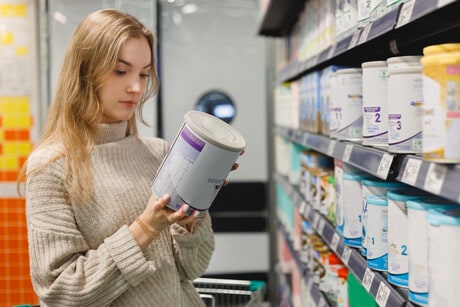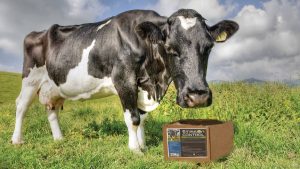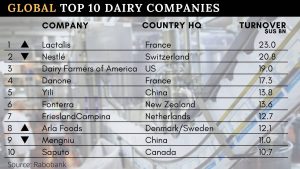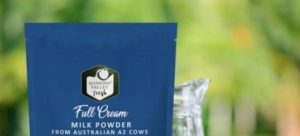
Nestlé has published its 2022 WHO Code Compliance Report, outlining its commitment to the responsible marketing of breast milk substitutes (BMS).
Compliance with the Nestlé Policy For Implementing the WHO Code is mandatory. Every year, Nestlé publishes an external report summarising the results of its annual compliance record and actions taken to remedy non-compliance. The latest report highlights the actions taken when instances of non-compliance are confirmed, including disciplinary measures.
The report found 96 cases of non-compliance detected across 30 countries, 25% of which were attributed to Nestlé and 75% to third parties. 81% of these cases were detected by Nestlé’s comprehensive WHO Code Management System. Of the cases, 39% were connected to digital and e-commerce concerns.
Serena Aboutboul, Head of the Nutrition Strategic Business Unit, said the company fosters a culture of compliance, which involves everyone in the business ensuring it is operating with integrity and adhering to relevant laws and regulations.
“Our ultimate goal is to help ensure that every infant and young child receives the best possible nutrition, giving them a strong foundation for a healthy future,” Aboutboul said.
Nestlé aims to take preventive actions to maintain high levels of compliance. For example, all maternal and early childhood employees are required to take the Nutrition Fundamentals eLearning module to support policy implementation. The company strengthens its internal compliance reporting system with its policy, which third-party partners are expected to comply with. Nestlé’s employees and external stakeholders are also encouraged to share concerns regarding compliance on the ‘Speak Up’ platform.
























